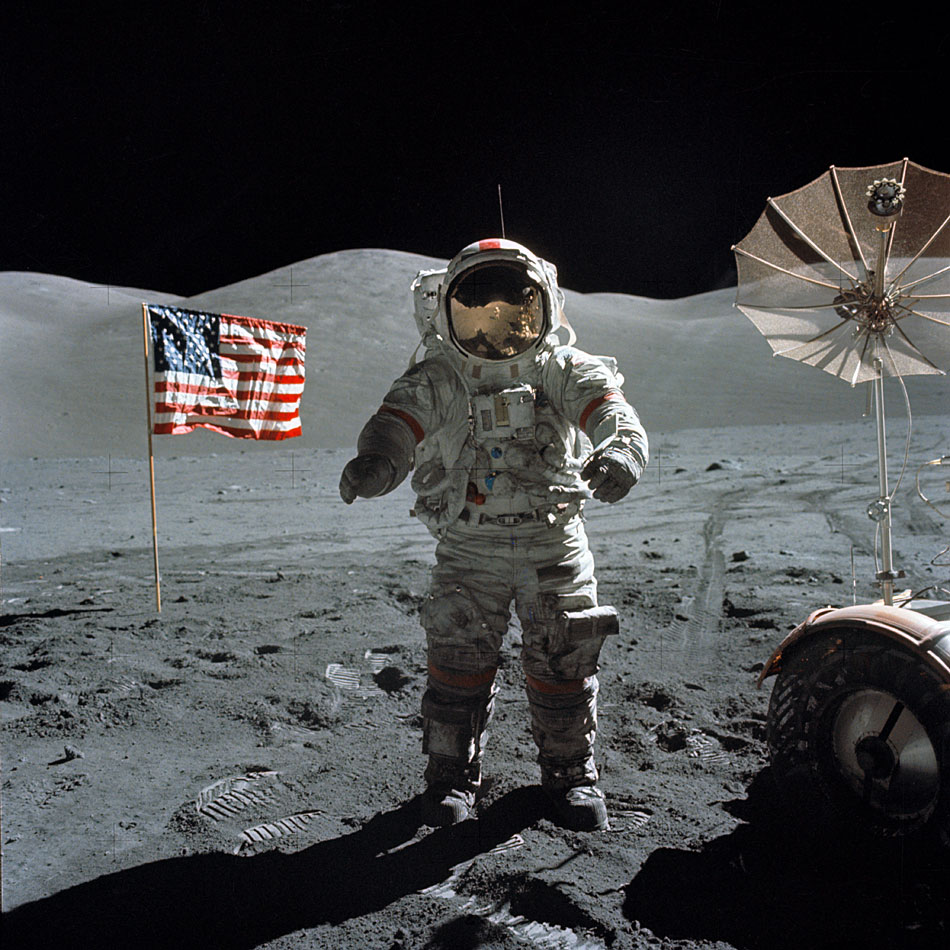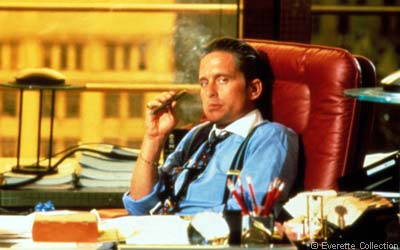Chicago Breakdown
All then, and again...
Lots of catching up to do. First of all, thanks to all of you who have made it out to the recent shows.
If you haven't been following along regarding the latest shows, I've been playing in the Midwest and the Southeast in recent weeks. I have also begun recording a new CD in Chicago with J.P. Lilliston.
The other week we tasted a bit of shock when a flash rainstorm flooded the Chicago studio, leaving us with fingers crossed for about a week everything dried out and the body count got added up. Praise His Name, the modem and the back up - back up hard drive gave their all for the cause, leaving the computer the external hard drive and all of the tracks we'd already cut intact.
We are out of commission pending an insurance check and reconnecting the network, but we'll be back at it in no time. We've recorded the vocal/guitar/tempo skeletons of nine songs, and are sort of arranging a tenth - spoken word - number via internet and phone. We are attempting to set a recent prose piece to a musical background that resembles the Velvet Underground song "What Goes On". Check my posts from about a month ago to find my prose-poem about an aerial photo of Nashville. Those will be the "lyrics" of the "song".
We've already done rather promising "sketches" (how many "" am I gonna squeeze into this shit?) of two songs. One song - "Detroit City Boy" - is really beginning to cut sharp with gnashing layers of funky-mean slide laid down my Mr. Lilliston.
We stayed up too late nearly every night we were recording. We were putting in rather regular hours, but in the eve we ate - had a killer beef and leek soup at a Korean restaurant we were able to stroll to from Chez Lilliston - and watched movies before JP and I would retire to the studio to listen to our day's work and rap about ideas, referencing other songs that inevitably lead to JP pulling up said chanson on the iTunes...listening...scheming...
We also have a tune that is twisting into a kind of carribean/reggae vibe. JP had more than one reggae groove in mind during the Blue Turns Black project, but none of them stuck. JP's total creativity during the making of that last record is one of the reasons why we are working on this record more directly, with JP taking a producer/engineer role. In the meantime, I am vacating the Admiral's chair and getting a chance to focus a bit more on writing, singing, playing. A shared vision all around. Nice to team up with him in this way, especially when we are off to such a great start.
I posted some links to early demos weeks ago, but they've all been taken down. If you want to hear some of these latest mock-ups, contact me or leave a comment and your wish shall be granted.

Happy 4th of July
Use this player to listen to my new CD. Purchase a song or two at your favorite digital outlet and help us stay awake here at Insomnia!
Find the archives to my Sleepless Film Festival, and more at my You Tube channel: Imagicon
Listen to my earlier releases, and enjoy free downloads here!
Please consider supporting this site by making a PayPal donation and check out our friends using the links on the right.
Love,
Joe Nolan

Labels: blue turns black, joe nolan, music video, record






















